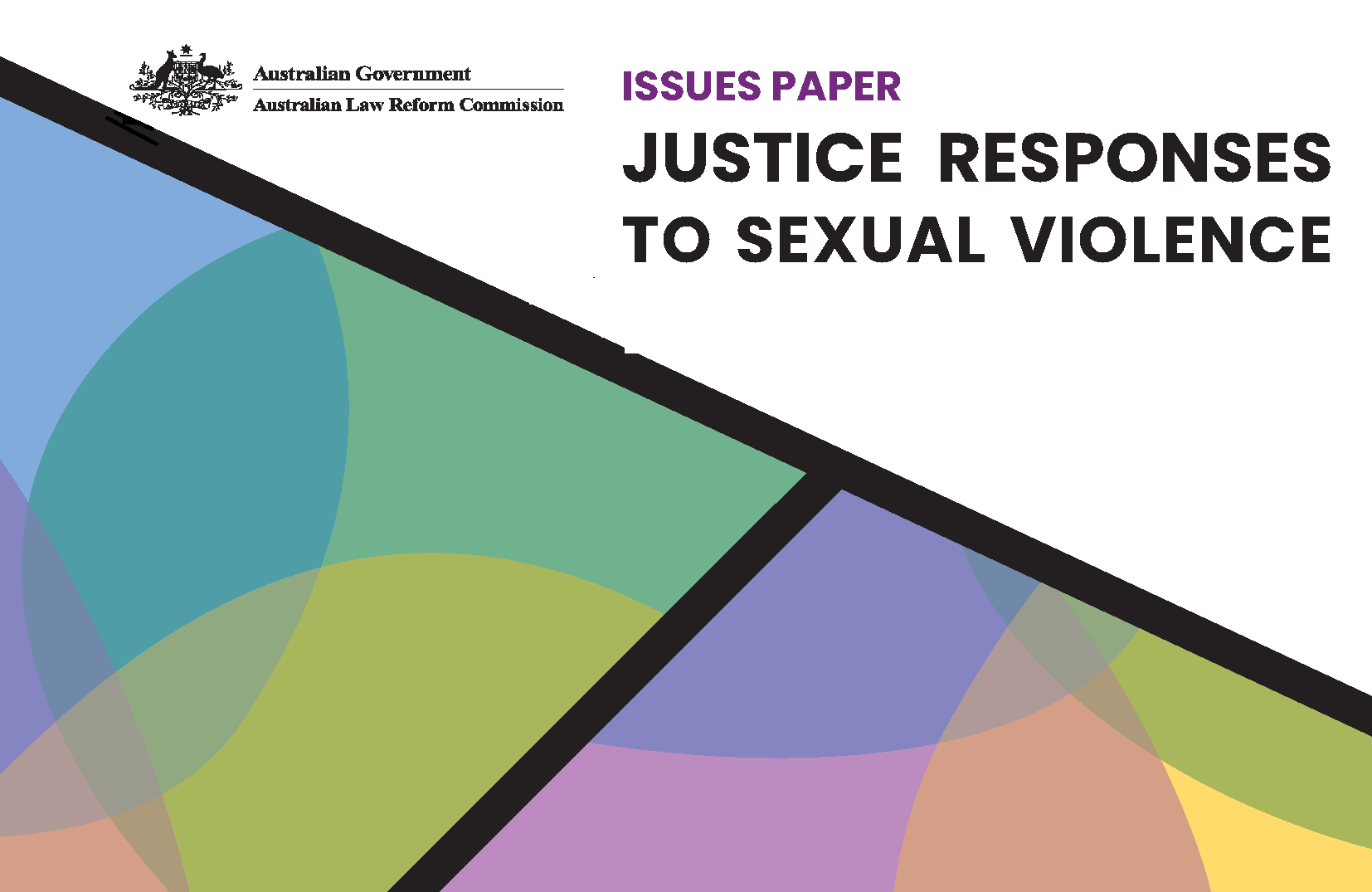Our comprehensive response to the Australian Law Reform Commission’s (ALRC) review of justice responses to sexual violence addresses critical concerns related to workplace sexual violence, focusing on barriers to justice, access to legal support, and ensuring just outcomes for survivors.
Through our Working Women Queensland (WWQ) program, we have firsthand experience supporting women who face sexual violence in the workplace. We provide free advice and assistance to vulnerable women dealing with employment-related issues, including sexual harassment and discrimination. This expertise informed our submission in response to the ALRC’s issues paper, highlighting the significant challenges faced by survivors of workplace sexual violence, particularly in accessing justice.
Key Barriers to Justice for Women
Our submission identifies multiple barriers that women face when seeking justice after experiencing sexual violence in the workplace. One of the most significant obstacles is the power imbalance between employers and employees, which often exacerbates the vulnerability of women, especially those from marginalized groups. This imbalance allows perpetrators to exploit their position of authority, making it difficult for survivors to report incidents without fear of retaliation.
Workplace cultures that condone or overlook gender-based violence also play a critical role. Victim-blaming attitudes and an acceptance of sexual violence as “part of the job” create environments where survivors feel silenced and discouraged from coming forward. This toxic culture reflects broader societal norms that minimize violence against women and perpetuate harmful stereotypes.
Another challenge is the financial burden placed on survivors. Legal processes can be expensive, and many victims face financial insecurity due to the gender wage gap and potential retaliation for reporting incidents. The submission emphasizes the need for systemic changes to reduce these financial barriers and support victims throughout the legal process.
The Importance of Equitable Access to Justice
Our submission calls for reforms that improve access to justice for victims of workplace sexual violence. One recommendation is the establishment of an independent reviewer to oversee civil legal outcomes for victim-survivors. This would provide a transparent, accountable process and ensure that survivors receive the support they need.
Additionally, we stress the importance of embedding trauma-informed practices in legal proceedings. This includes allowing victim-survivors to testify via video conferencing, disallowing direct questioning by perpetrators, and providing emotional support throughout the process. These adjustments, common in other legal contexts like domestic violence cases, would help mitigate the re-traumatization often experienced by sexual violence survivors.
Ensuring Just Outcomes
Finally, we advocate for national guidelines that simplify the reporting process for victims of workplace sexual violence. The complexity of existing reporting mechanisms creates confusion and discourages survivors from pursuing justice. A unified, person-centred resource would empower women to understand their options and navigate the legal system more effectively.
Our submission to the ALRC underscores the importance of addressing workplace sexual violence with a holistic, survivor-focused approach. By removing barriers to justice, improving access to support, and ensuring fair legal outcomes, we can create safer, more equitable workplaces for all Australians.

